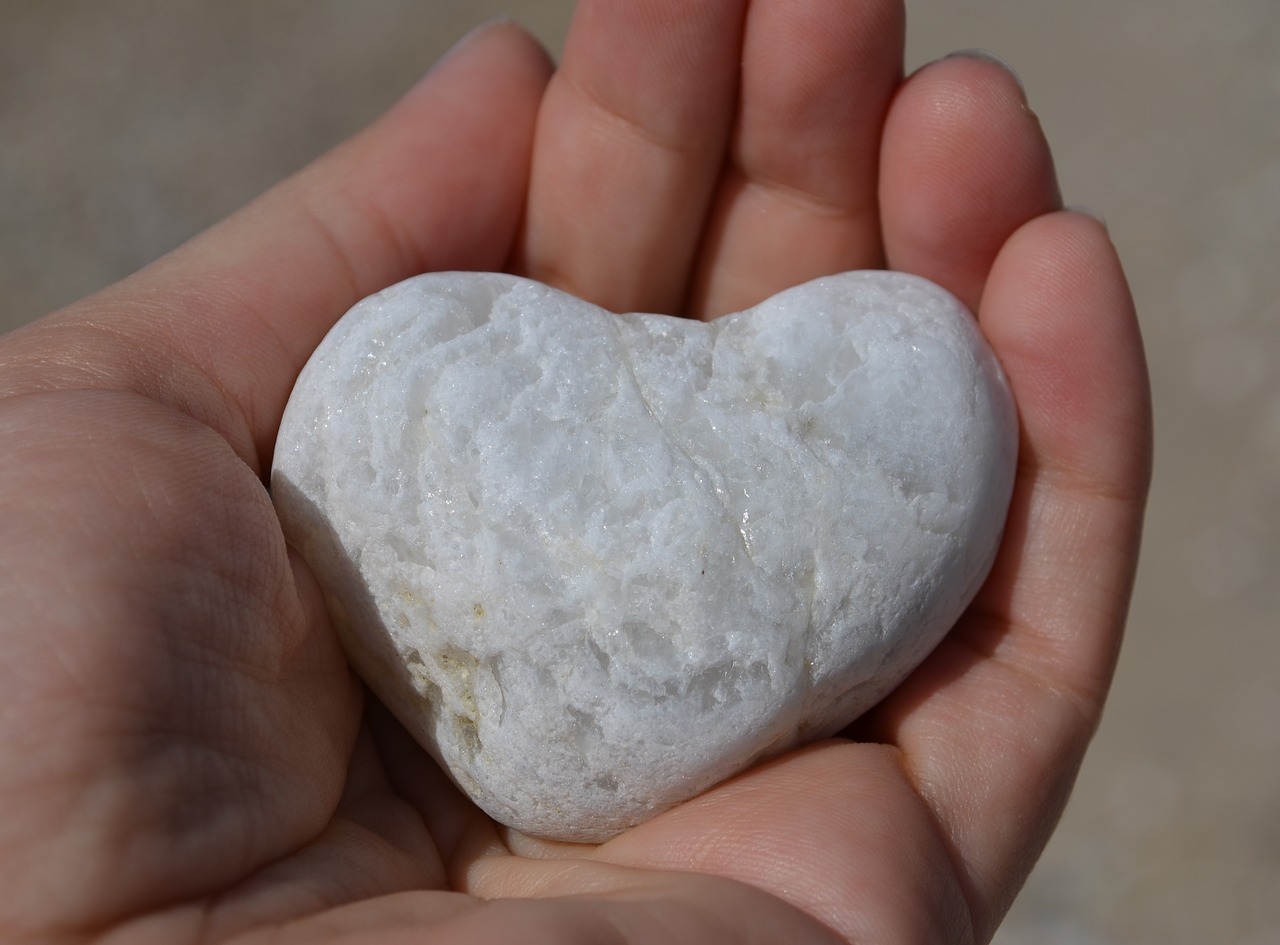Our Sages taught us that Hashem generally treats a person the way that he treats his fellow man, measure for measure. Therefore, before approaching Him with prayers to sustain us, it is proper to demonstrate that we, too, are givers. Based on this, some people have the custom to give charity while they are reciting “Pose’ach es yadecha” (Seder Hayom).
According to the Arizal, a person should give charity during the “V’Yivarech David” passage right after the verse “v’haosher v’hakavod milfanecha” (and the wealth and honor are before You). While saying the words which follow, “v’Atah moshel b’kol” (and You rule over everything), he should give over the money (Mishna Berura 51,19). Whichever of these practices is followed, the act of opening one’s heart and hand to the poor opens up the Heavenly Gates of Mercy and allows his prayers to be heard.
The Zohar reveals a deeper level of symbolism in this gesture of charity. The two hands of the people giving and receiving the money each have five fingers, and represent the Hebrew letter hei, which has the numerical value of five. When a person’s arm is extended to give charity, it looks like the letter vav. Meanwhile, the small coin resembles the letter yud. These four letters (twice hei, a vav and a yud) come together to spell G- d’s ineffable Name of Mercy, symbolizing that by giving charity, we are invoking the essence of Divine Mercy (as cited in the Kaf Hachaim 51).
Text Copyright © 2008 by Rabbi Daniel Travis and Torah.org


